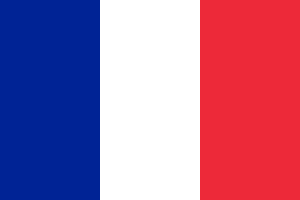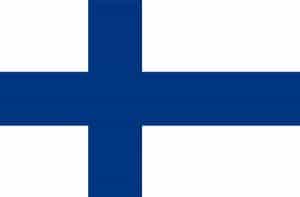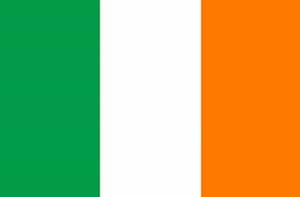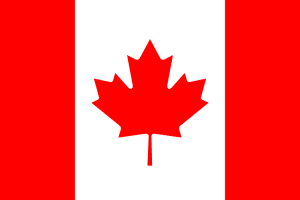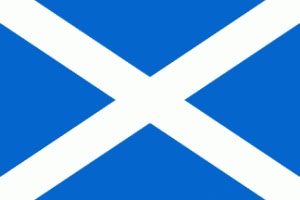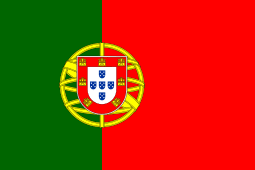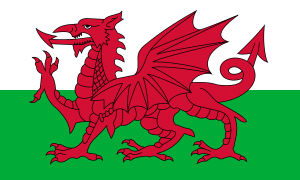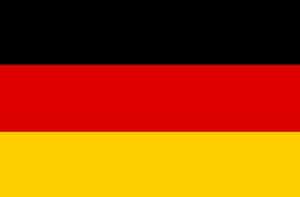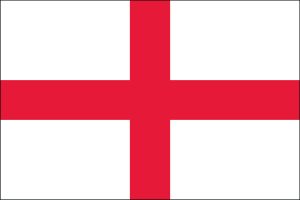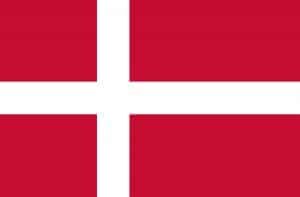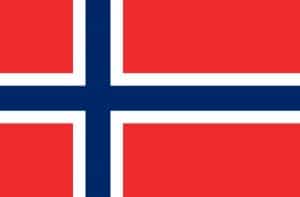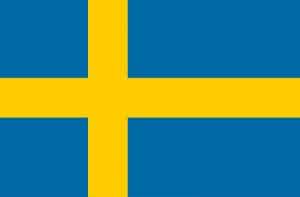Problem: In recent decades, the productivity of salmon has become increasingly uncertain with many populations experiencing extremes related to timing, abundance and size with serious social, economic and conservation impacts. Much has been learned in previous workshops but a lack of consistency in approaches to categorize biological status and trends, terminology to indicate status, requirements and standards for different types of data, spatial and temporal scales for comparison and aggregation, and ways of communicating findings significantly impedes the timeliness, efficiency and effectiveness of scientific investigations. Our data systems do not match our technological capacity and social/scientific inquiry needs. Many agencies have a commitment to open data but are challenged to achieve it given the significant costs associated with bringing historic data online. Increasing variability in a rapidly changing environment demands rapid access to integrated data for comparative and mechanistic studies of the distribution and productivity of salmon across life history stage and associated eco- regions.
Solution: IYS seeks to establish the conditions for resilience of salmon and people during 2018-2022 by conducting high-impact projects to achieve the outcomes listed on the next page. The Information Systems outcome of “freely available information systems contain historic and current data about salmon and their environment” is foundational to further achieving the Status of Salmon and Salmon in a Changing Salmosphere outcomes.
A series of workshops are proposed, each building on the previous, to establish at the hemispheric scale, standardized approaches of defining metrics for salmon status and trends and their associated environments. Participation and leadership at individual workshops will vary depending on the specific goals of each workshop. The Jan 2019 workshop is intended to draw together scientists interested in working with others on representative time series of data and associated meta-data to understand salmon status and trends. The key word is representative. How well or poorly do these datasets represent salmon status and trends for reasonably broad geographic areas? The primary goal of this workshop will be to identify a series of legacy data sets and standards associated with major categories of data. Later, a separate workshop will focus on identifying the coastal and high seas climate and oceanographic data that can be linked to salmon data. We envision that these data sets will be the focus of subsequent analytical workshops; additional workshops may concentrate on communication of scientific results to disparate audiences: fellow scientists, general public (press, social media), fisheries and habitat managers, senior decision-makers. Ideally these separate but linked workshops focusing on data, analysis, and communication will take place over the course of IYS.
IYS OUTCOMES
Status of salmon: The present status of salmon and their environments is understood.
Salmon in a changing salmosphere: The effects of natural environmental variability and human factors affecting salmon distribution and abundance are understood and quantified.
New frontiers: New technologies and analytical methods are advanced and applied to salmon research. Research is carried out to fill gaps in poorly studied regions of the salmosphere.
Human dimensions Communities, Indigenous Peoples, youth, harvesters, scientists and resource managers across the Northern Hemisphere share knowledge and collaborate in the development of new tools and approaches to restoring, managing and sustaining salmon.
Information systems: Freely available information systems contain historic and current data about salmon and their environment.
Salmon outreach and communication: People understand the value of healthy salmon populations and engage to ensure salmon and their varied habitats are conserved and restored against the backdrop of increasing environmental change.
Workshop Steering Committee: Jim Irvine (DFO Science; DFO IYS), Mark Saunders (NPAFC IYS), Carrie holt (DFO Science), Kim Hyatt (DFO Science), Gérald Chaput (DFO Science; SAG of IASRB), Sue Grant (DFO Science; DFO IYS/State of Salmon), Martha Robertson (DFO Science, Chair ICES Working Group on North Atlantic Salmon).
Workshop Approach: Participation will be limited to ~20 experts on Atlantic and Pacific salmon from (potentially) Canada, USA, Europe, and Asia who will:
Overview case studies used in Pacific and Atlantic basins to categorise temporal and
spatial status and trends of salmon. Data sets need not be thoroughly analysed or detailed
but should be examples where data are being used or have the potential to be used to
represent status and where there is the potential to learn from further analysis. Case
studies should encompass have a range of data quality/quantity examples.
Propose requirements and standards for different categories of data ranging from poor to
excellent that are consistent across species/regions/agencies. These may be linked to
spatial and temporal scales for comparisons among species and populations, including
levels of aggregation.
Begin a catalog of salmon data sets, their availability, and the gaps needed to fill in order
to achieve specific scientific and management goals.
Document the requirements for future data assembly projects: data structures
(inclusion of metadata), management issues (resourcing, ownership, publication rights),
timelines, standards
Develop plans for a subsequent series of workshops. For instance:
o describe how targeted data sets might be analysed;
o next steps to developing data standards;
o discuss how we could share analytical methods to test hypotheses arising from
these workshops;
o discuss how new analytical approaches could be more easily and safely applied by
biologists who are not professional statisticians or programmers; and
o identify additional data sets required to address hypotheses about cause and
effect.
Document workshop findings in a report.
Workshop Participation: will be encouraged for those who: can provide a relatively high-level overview of a salmon status and trends case or are interested and knowledgeable about developing requirements and standards for various categories of data.
Workshop Agenda: to be finalized in next several months. If interested in attending and/or
presenting a data set or data standards example, let Jim Irvine know by 15 November 2018.
For Further Information: contact any member of the Steering Committee including Jim Irvine (james.irvine@dfo-mpo.gc.ca) for expectations with respect to presentations, or Mark Saunders (msaunders@yearofthesalmon.org) for details on the IYS.


